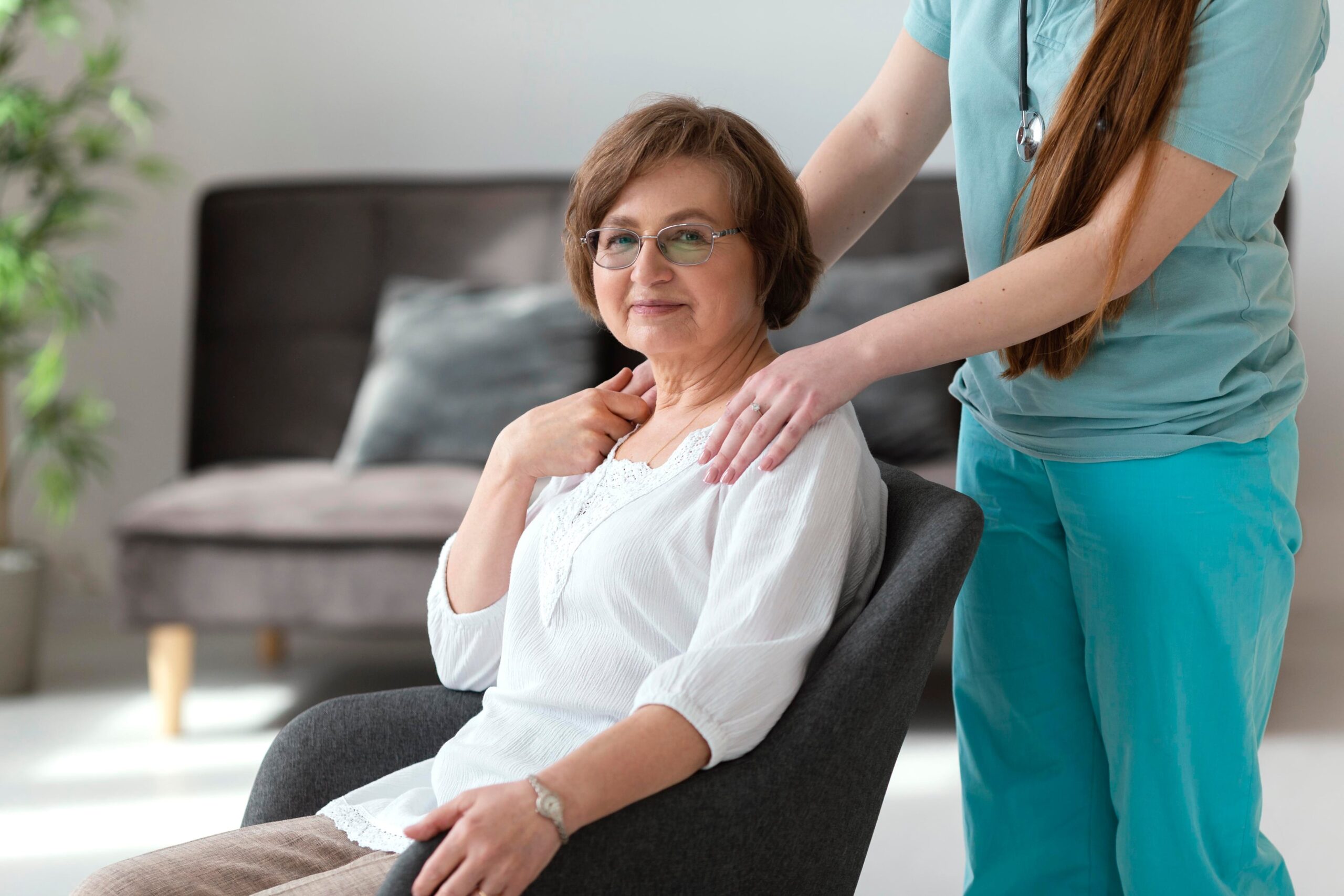How to Identify Some of the Most Common Top Internet and Phone Scams and What You Can Do to Protect your Elderly Loved One
August 18, 2022
Scammers do not discriminate when it comes to who they try to get money out of; they will try to take money from anyone anyway they can.
The American Journal of Public Health estimates that about 5 percent of the elderly population (which equated to about two to three million people) suffer from some sort of scam every year and these are only the ones reported. Scamming is a multi-billion business for people who engage in scams and the Elderly are estimated to lose about $3 billion to scammers every year.
Why do these Scams Happen:
- The FBI says that people who grew up in the 1920s, ‘30s’ and 40s’ are generally more trusting than other generations and this makes them susceptible to con artists.
- The Elderly person may be isolated and lonely and therefore more susceptible.
- The Elderly person may have some form of dementia.
- The Elderly person may simply get bullied into handing money over to scammers as the scammer poses as government imposters, such as the Social Security administration, or IRS imposters trying to intimidate and threaten to get Medicare or social security information, personal information, and financial information.
- Online and Email scams such shopping scams, pop-up ads, fake websites, and fake emails. ‘Phishing’ is defined by the Federal Trade Commission as “when a scammer uses fraudulent email or texts, or copycat websites to get you to share valuable personal information – such as account numbers, Social Security numbers, or login IDs and passwords.” Some of these scams are:
- Winning sweepstakes or the Lottery
- Counterfeit prescription Drugs
- Fake Anti-Aging Products
- Sweetheart Scams
- Fake Credit Card Advances
- Free Vacations
What can the Elderly persons do to protect themselves:
- Be suspicious of special deals on vacations or prescription drugs or any other deals to be too good to be true – consult with your family or trusted person first
- Consult family members and caregivers about potential purchases over the internet.
- Don’t answer emails or ads from unfamiliar sources
- The FBI suggests you contact your doctor before committing to any health procedure or treatment for which you aren’t currently using your insurance.
What can the Loved One or Caregiver of the Elderly person do to protect them from and Internet or Phone scam:
- Keep your elderly loved ones informed of ways they could be scammed on the Internet or by phone, such as scam calls, false emails, and pop-up ads.
- Check in on your loved one’s bank accounts and retirement accounts often with an eye for odd purchases or withdrawals.
- Visit with them to discuss monthly bills and prescriptions to ensure they have not been contacted about a “new bill” or a “new or cheaper prescription”.
- If your elderly loved one talks about a new and exciting vacation plan, get the details, and see if it is valid.
- Check to make sure there are any impulse or internet purchases that are suspicious.
- If you Elderly loved one has a personal computer, does it have a good security system that prevents and/or reports malware.
- Does your Elderly loved one have a personal phone – if so, can it be set up to block “Scam calls” from numbers that are not in the contact list or can the call ring from unknown numbers be muted so your loved ones does not answer the phone and therefore be susceptible to a scam?
